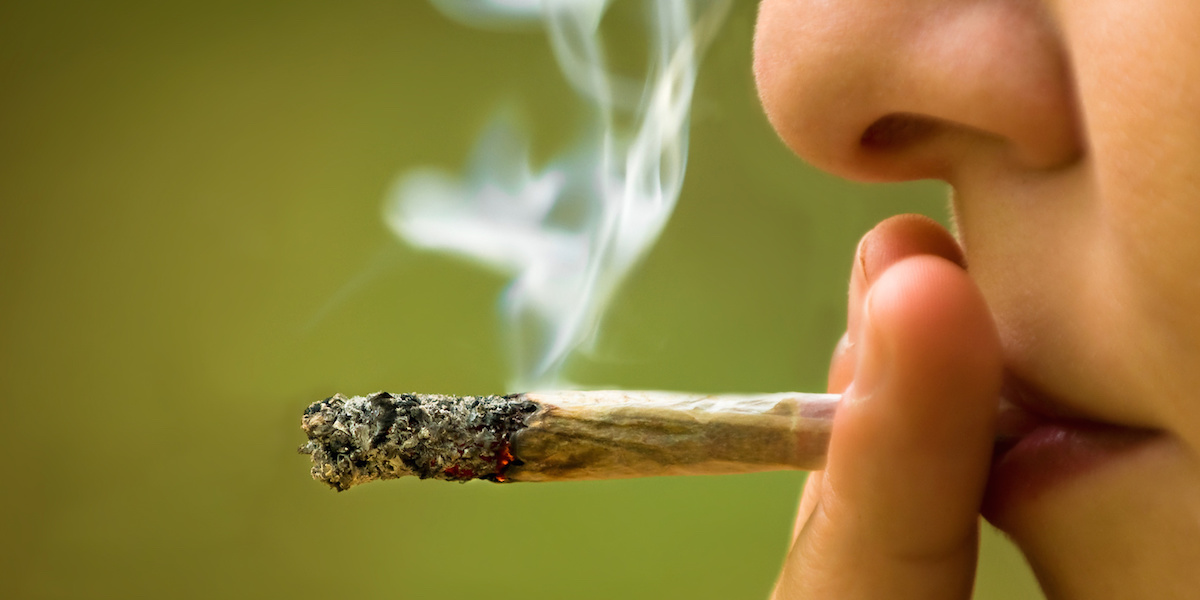
The following is excerpted from an online article posted by MedicalXpress.
Children and teenagers of any age who sip or taste alcohol with their parents’ permission are more likely to engage in risky drinking in young adulthood. That was the finding of a new study my colleagues and I published in the journal Addictive Behaviors.
In the study, we examined questionnaires filled out annually between 2009 and 2018 by 387 adolescents starting at age 11 and an accompanying parent. Topics included history of child and parent alcohol use, beliefs about alcohol and rules about alcohol in the home. The questionnaires also asked adolescents if they ever drank alcohol with their parents’ permission, even just a few sips—and if yes, at what age they first did so.
We analyzed whether drinking alcohol with parental permission during adolescence predicted alcohol outcomes in young adulthood, at ages 18 to 20. These outcomes included how often and how much they drank, alcohol use disorder symptoms and negative consequences such as self-injury and regretting things said while drinking.
Then, we looked at whether the age at which this practice began affected the likelihood of risky drinking. In our analysis, we also accounted for factors such as peer alcohol use, parental alcohol use and personality.
In our sample, drinking with parental permission began anywhere from age 5 to age 17, but typically started around age 12. We found that about 80% of the adolescents responded that they had drunk alcohol with parental permission.
We found that adolescents were more likely in young adulthood to drink more often and in greater amounts in families that allowed this practice compared with those that did not. The risk of experiencing symptoms of alcohol use disorder and negative consequences from drinking in young adulthood was also higher. Importantly, the age at which drinking with parents’ permission began did not change this effect.
Parents play a critical role in teaching their children about alcohol. The family is often the first context in which children are introduced to alcohol, either by trying it themselves or by observing others drinking. In the U.S., studies suggest that 30% to 40% of children under age 13 try alcohol with parental permission.
Many parents view this as a protective strategy, believing that it reduces curiosity about alcohol and provides an opportunity to supervise safe drinking. Yet studies from several research groups have found that parents providing alcohol, even just sips or tastes, actually increases rather than decreases future drinking.
Our study is the first to explore whether the age that trying alcohol with parental permission makes a difference for increased potential of later alcohol use.
Source: MedicalXpress
https://medicalxpress.com/news/2025-05-teens-age-alcohol-parents-permission.html

 Teen Loneliness Triggers ‘Reward Seeking’ Behavior
Teen Loneliness Triggers ‘Reward Seeking’ Behavior  The Hidden Mental Health Danger in Today’s High-THC Cannabis
The Hidden Mental Health Danger in Today’s High-THC Cannabis  Teen Suicide, Binge Drinking Decline, New National Data Show
Teen Suicide, Binge Drinking Decline, New National Data Show